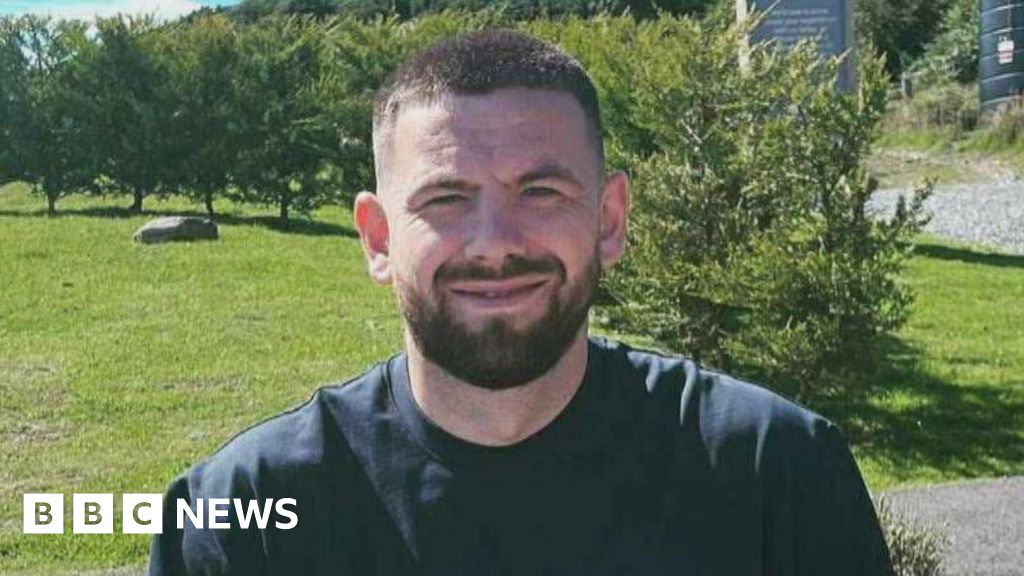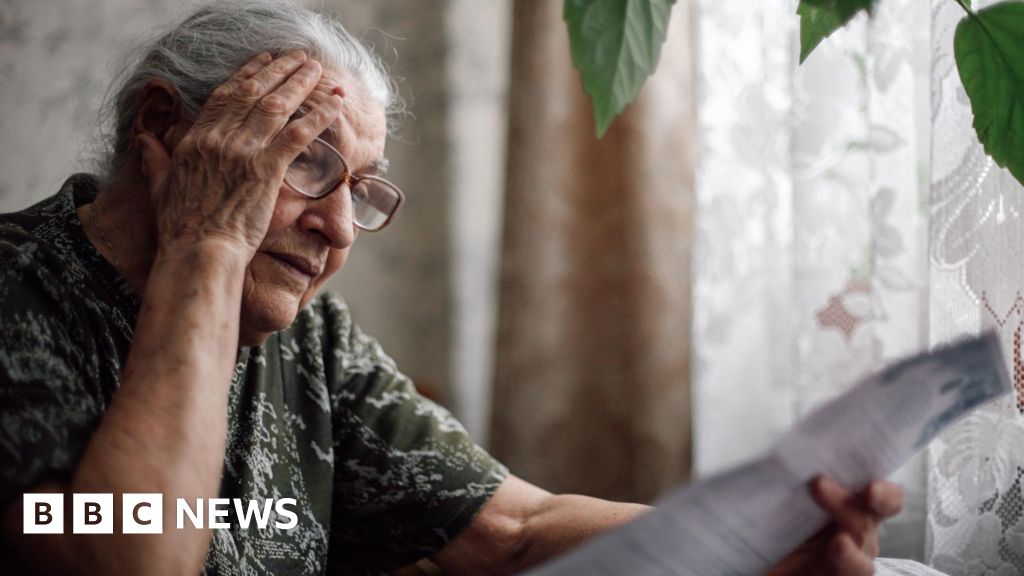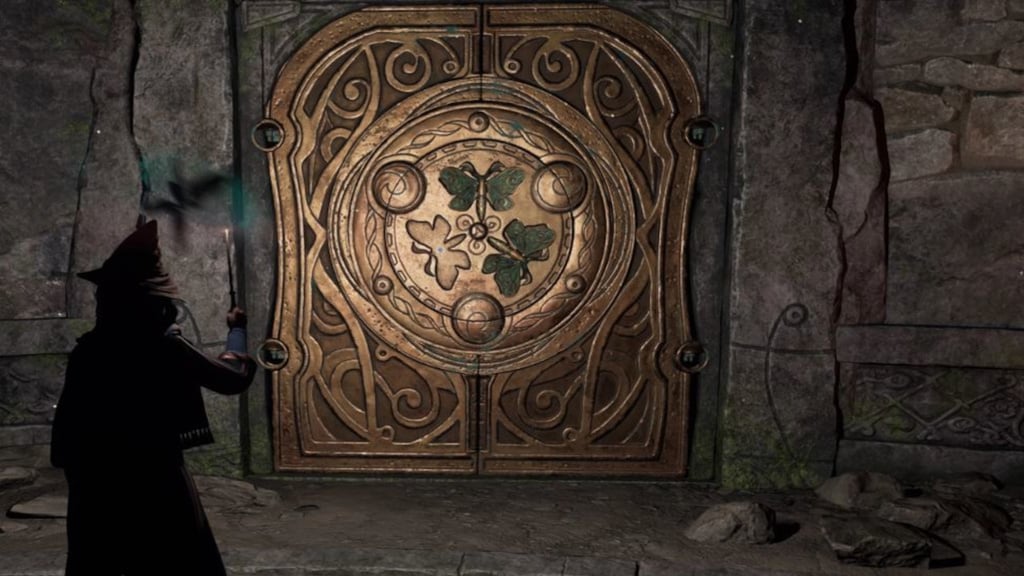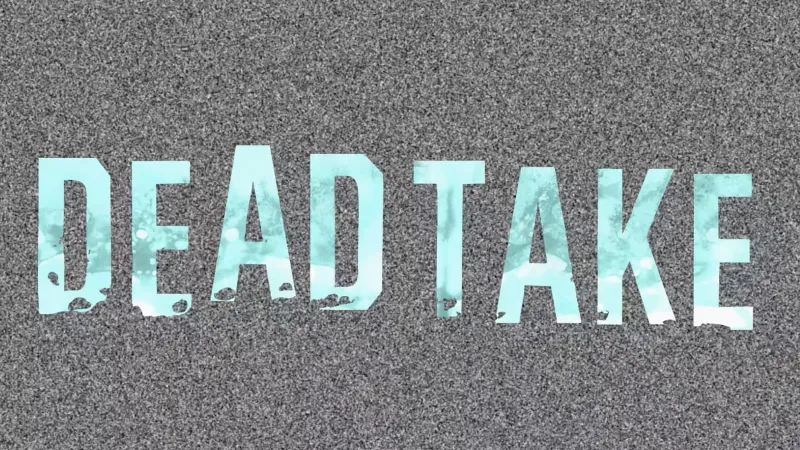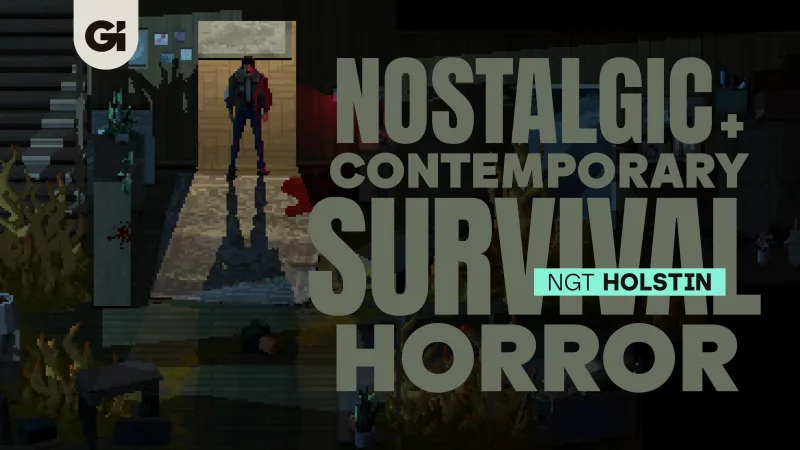After Several Attacks, Heightened Anxiety Among American Jews


The attack in Colorado on a march in support of hostages held in Gaza contributed to a sense that simply existing in public as a Jewish person is increasingly dangerous. The attack on demonstrators in Boulder, Colo., marching in support of hostages being held in Gaza would have been disturbing to Jewish people across the country even if it were the only recent event of its kind. The suspect told investigators after his arrest that he had been planning the attack for a year, according to court documents. Eight people were hospitalized. For many, the connections to other recent outbursts of violence were impossible to miss. The attack in Boulder came less than two weeks after two Israeli Embassy employees were shot and killed as they left a reception at a Jewish museum in Washington. A month earlier, an arsonist set fire to the Pennsylvania governor’s mansion on the first night of Passover while Gov. Josh Shapiro, who is Jewish, slept upstairs with his family. “What we’ve seen these last few months is a shocking pattern of anti-Israel sentiment manifesting itself in antisemitic violence,” said Halie Soifer, chief executive of the Jewish Democratic Council of America. “With each incident, there’s a further shattering of our sense of security.” In Colorado and Washington, authorities said, the suspects shouted “Free Palestine” on the scene. In Pennsylvania, the arsonist later said he had set the fire as a response to Israeli attacks on Palestinians. Ms. Soifer pointed out that the Molotov cocktails used by the attacker in Boulder were strikingly similar to the incendiary devices used by Cody Balmer, the man accused of arson in Pennsylvania. The man charged on Monday with a federal hate crime in Colorado, Mohamed Sabry Soliman, told investigators that he wanted to “kill all Zionist people and wished they were all dead,” according to papers filed in federal court. The drumbeat of violence erupting across the country and taking an unpredictable variety of forms has deepened anxieties among many American Jews, and contributed to a sense that simply existing in public as a Jewish person is increasingly dangerous. One of the victims of the attack at the march in Boulder was a Holocaust survivor, according to a friend of the victim who was at the scene. That all three attackers alluded to political objections to Israel raised concerns among many about the threat of left-wing political violence connected to the war in Gaza. The number of antisemitic episodes in the United States in 2023, in the wake of the Hamas attack on Israel, was the highest ever recorded in a one-year period, according to the Anti-Defamation League. “Dangerous words turn into dangerous actions,” said Stefanie Clarke, the co-executive director of Stop Antisemitism Colorado, which she founded after the attacks in Israel on Oct. 7, 2023. “We’ve been sounding the alarm about the rise in antisemitism, the dangerous rhetoric and the risks of this turning violent, and now we’re seeing it play out.” Ms. Clarke, who lives in Boulder, noted that conflicts about the war have boiled over in City Council meetings there. Activists have urged the passage of a resolution advocating a cease-fire in Gaza, and some meetings have devolved into cursing and what one council member described in December as “chanting, screaming and threatening conduct.” In February, a rabbi in Boulder, Marc Soloway, wrote an open letter to the City Council in which he described being physically and verbally threatened at a council meeting. “It is just a plain fact that many of us in Boulder’s Jewish community simply do not feel safe or supported,” he wrote. “Jews in America have mostly felt the threats of antisemitism from the far right in the form of White Supremacy, yet now many of us have experienced hatred, bigotry and intolerance from progressives, those who many of us have considered friends and allies.” In April, an opponent of Israel’s war in Gaza circulated a “Wanted” poster online that showed the faces of seven council members, writing that they were “complicit in genocide” for not passing the resolution. Across the country, many Jews say they have observed an uptick in antisemitism, both personally and in the broader culture, in recent years. In a survey of 1,732 Jews conducted in the fall of 2024, the American Jewish Committee found that 93 percent said antisemitism was at least somewhat of a problem, and a similar share said it had increased over the past five years. Almost a quarter of respondents said they had been the target of at least one antisemitic remark in the past year, and 2 percent said they had been physically attacked. The deadliest antisemitic attack in American history remains the assault at the Tree of Life synagogue in Pittsburgh, where a gunman killed 11 worshipers and wounded six others in 2018. The Tree of Life shooter, who was condemned to death by federal jurors in 2023, seemed to be motivated by right-wing extremism. So, too, was the gunman who opened fire at a synagogue in Poway, Calif., in 2019. Experts emphasize that right-wing antisemitism remains a major threat. But the sprawling protest movement against the war in Gaza has scrambled efforts to distinguish opposition to the actions of the Israeli government, or even to the state of Israel itself, from hostility to Jews. Critics of the protesters have argued that slogans like “globalize the Intifada” are thinly veiled calls for violence in any Jewish space. In the Anti-Defamation League’s latest annual audit of antisemitic incidents in the United States, the organization found that for the first time, a majority of incidents (58 percent) had “elements that related to Israel or Zionism.” Several Jewish organizations suggested in statements that the attacks undercut attempts to distinguish antisemitism from anti-Zionism, a distinction made by many activists critical of Israel’s approach to the war in Gaza, which has killed more than 50,000 people, according to the territory’s health ministry. “Make no mistake: If and when Jews are targeted to protest Israel’s actions, it should clearly and unequivocally be understood and condemned as antisemitism,” the chief executive of the Jewish Council for Public Affairs, Amy Spitalnick, said in a statement. The Trump administration has made fighting antisemitism a vocal priority, often using the issue to escalate the president’s attacks on elite universities and to reinforce his goal to dramatically reduce immigration. Mr. Trump signed an executive order on Jan. 29 aimed at combating “an unprecedented wave of vile antisemitic discrimination, vandalism and violence against our citizens, especially in our schools and on our campuses.” Mr. Trump said on social media on Monday that attacks like the one in Boulder “WILL NOT BE TOLERATED,” criticizing former President Joseph R. Biden Jr. for letting Mr. Soliman into the country. Mr. Soliman came to the country legally on a tourist visa, according to the Department of Homeland Security. Critics say that Mr. Trump’s other actions have undercut his claims of concern about rising antisemitism. A temporary freeze in funding of the Federal Emergency Management Agency, for example, paused support for a security grant program that served many synagogues and other Jewish institutions.
What's Your Reaction?
 Like
0
Like
0
 Dislike
0
Dislike
0
 Love
0
Love
0
 Funny
0
Funny
0
 Angry
0
Angry
0
 Sad
0
Sad
0
 Wow
0
Wow
0

